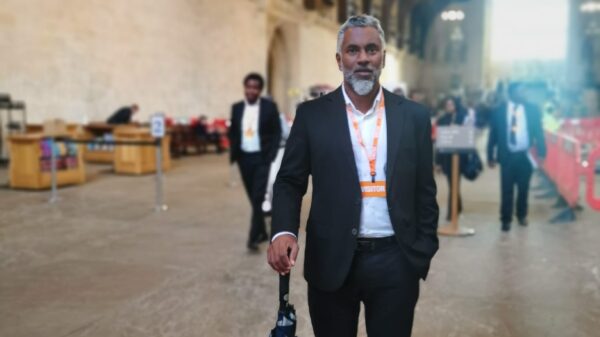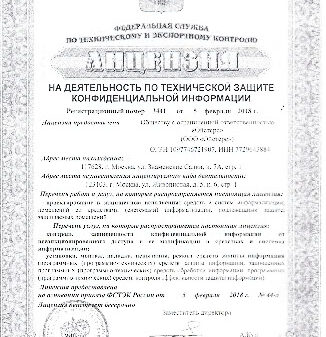Tesla boss Elon Musk has opened a huge electric car “gigafactory” near Berlin which is the first European hub for the firm.
The plant was delayed for eight months after local authority licensing problems.
The more than €5bn (£4bn) factory is the biggest investment in a German car plant in recent history.
Tesla said more than 3,000 of the factory’s expected 12,000 workers had been hired so far.
Mr Musk said: “This is a great day for the factory,” describing it as “another step in the direction of a sustainable future”.
German Chancellor Olaf Scholz said the plant was a sign of progress and the future of the car industry.
But outside, environmental groups protested over concerns ranging from the plant’s water use to the trees felled to build it.

Tesla will deliver its first 30 German-made Model Y Performance cars on Tuesday. The firm says the cars have a 514km (320 mile) range and cost €63,990 (£53,000).
At full capacity, the plant will produce 500,000 cars annually – more than the 450,000 battery-electric vehicles that German rival Volkswagen sold globally in 2021.
It will also generate 50 gigawatt hours (GWh) of battery power.

For now, Volkswagen still holds the upper hand in Europe’s electric vehicle market, with a 25% market share to Tesla’s 13%.
Mr Musk has said ramping up production will take longer than the two years it took to build the plant.
Tesla received the final go-ahead from local authorities on 4 March to begin production, provided it met several conditions, covering issues such as water use and air pollution control.
The carmaker had come close to losing its water supply contract when local environmental groups filed a complaint against the environmental ministry challenging the licence it granted to Tesla’s water supplier.



























